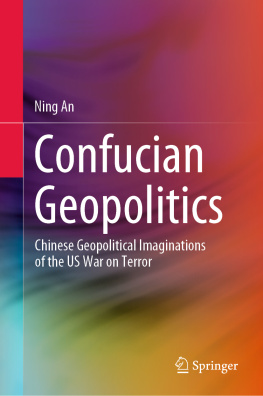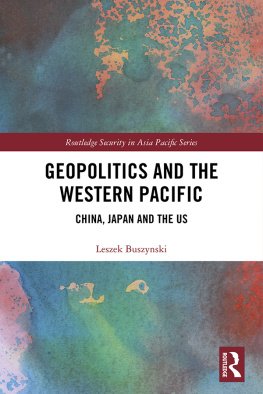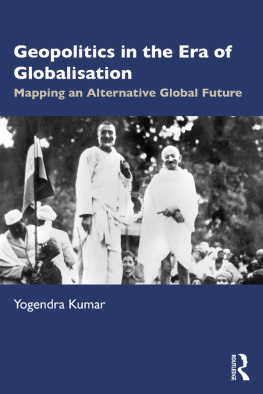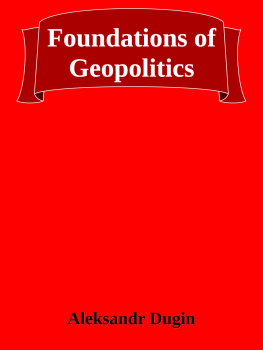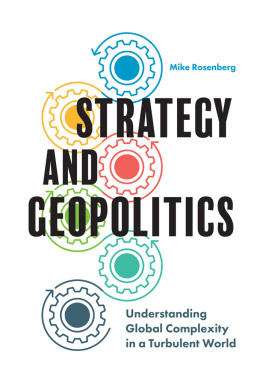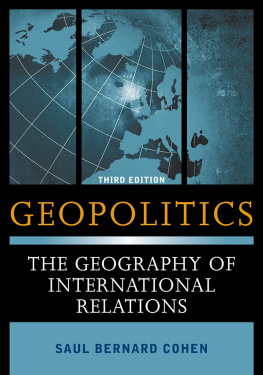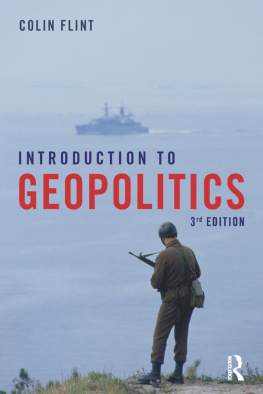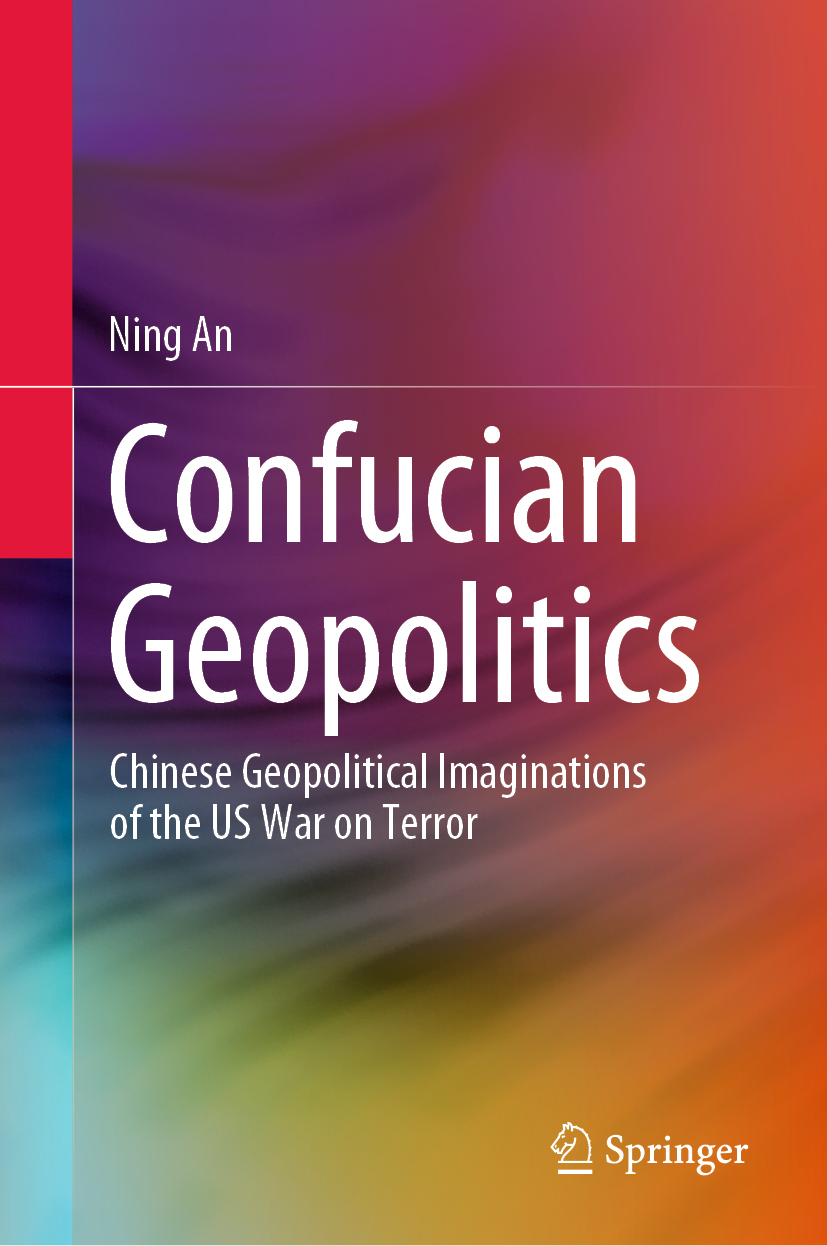Ning An
Confucian Geopolitics
Chinese Geopolitical Imaginations of the US War on Terror
ISBN 978-981-15-2009-9 e-ISBN 978-981-15-2010-5
https://doi.org/10.1007/978-981-15-2010-5
Springer Nature Singapore Pte Ltd. 2020
This work is subject to copyright. All rights are reserved by the Publisher, whether the whole or part of the material is concerned, specifically the rights of translation, reprinting, reuse of illustrations, recitation, broadcasting, reproduction on microfilms or in any other physical way, and transmission or information storage and retrieval, electronic adaptation, computer software, or by similar or dissimilar methodology now known or hereafter developed.
The use of general descriptive names, registered names, trademarks, service marks, etc. in this publication does not imply, even in the absence of a specific statement, that such names are exempt from the relevant protective laws and regulations and therefore free for general use.
The publisher, the authors and the editors are safe to assume that the advice and information in this book are believed to be true and accurate at the date of publication. Neither the publisher nor the authors or the editors give a warranty, expressed or implied, with respect to the material contained herein or for any errors or omissions that may have been made. The publisher remains neutral with regard to jurisdictional claims in published maps and institutional affiliations.
This Springer imprint is published by the registered company Springer Nature Singapore Pte Ltd.
The registered company address is: 152 Beach Road, #21-01/04 Gateway East, Singapore 189721, Singapore
Preface
To those who suffer from terrorist activities, those who suffer from military actions of counterterrorism, and those who are tricked in terrorist discourses, in the US, China, Europe, Afghanistan, Iraq, Israel, Palestine, Syria, Libya, and other areas.
Ning An
Guangzhou, China
A Brief Introduction
This book contributes to the literature of critical geopolitics. Based on the exploration of existing studies of critical geopolitics, in this book I first argue that this body of literature only presents a partial picture of the world from the perspective of political geographies. While it does offer a solidly critical stance in the investigation of how spatiality influences the exercise of power, it also has certain limitations from ontological and epistemological perspectives. Many studies in this literature suffer from three problems. First, many works have empirically and overly focused on Western states while neglecting both non-Western spaces/places and non-Western geopolitical theories. Second, this body of literature has paid too much attention to media texts rather than the audience who consume those media. In the small amount of audience studies, fans, who are considered to be the most passionate consumer, have always been equated with the audience, thereby ignoring other consumption forces, such as critics and occasional readers. Third, the majority of extant critical geopolitical studies have been concerned with constructionism, which emphasizes the significance of human beings in creating a space and thus influencing the exercise of power, while much less attention has been paid to the materiality that underlines the being, or object, playing any of a set of active roles in a narrative.
Those limitations of critical geopolitical studies, in particular the lack of non-Western examples, provide new possibilities for the development of the current field of critical geopolitics. This book focuses on Chinese political geographies, a non-Western socio-political background. It indicates that the socio-political context of China has brought potentialities for investigating the complex entanglement between spatial practices and the exercise of power. Specifically, this book gives an overview of Chinese geopolitical traditions,hua-yidistinction and Sino-centrism, that have had, and still have, a significant impact upon Chinese political cultures. At the same time, this book also reviews the extant literature of Chinese geopolitics. On this basis, it argues that previous works of/in Chinese geopolitical studies have been intimately associated with Western dominance, in particular the classical geopolitical tradition in Western academia, and thus lacked the examination of internal geopolitical voices. These overviews have built two fundamental frameworks for this book: critical geopolitics and non-Western geopolitics. Critical geopolitics is the main theoretical framework for this book, while non-Western geopolitics is the primary empirical framework for this book, although its contribution is not limited to empirics.
Thus I argue that geopolitical space is seldom a pure space controlled by any single force or any single element, but rather a heterogeneous space influenced by a mixed range of forces and factors, including both Western and non-Western forces and values, ruling and ruled forces and values, and socially constructed and material factors. In particular for popular geopolitics, I argue that popular space usually strengthens cultural hegemony, but at the same time it also erodes authority. It is a space of difference and antagonism. Armed with the above perspectives, this book will use three chapters of empirical studies to explain how various spaces, forces, and values are involved in the exercise of power. Three stories are narrated in this book:
- (1)
Two differenteven oppositeChinese newspaper writings of terrorism and the US war on terror, which can be read as an examination of how Chinese elites practice and perform their geopolitical identities.
- (2)
Audience imaginations of terrorism and the US war on terror through their readings of Chinese newspapers as mentioned above (1), which can be read as an investigation of how Chinese elitist views are spread and how geopolitical visions are established in Chinese society.
- (3)
Discussion of terrorism and the US war on terror in the Internet community, in which both Internet users and computer algorithms and bots have a significant impact upon the creation of public opinion.
Abbreviations
BBC
The British Broadcasting Corporation
BC
Before Christ
CCP
Chinese Communist Party
CCTV
Chinese Central Television
CNN
The Cable News Network
CNNIC
China Internet Network Information Centre
DD/MM/YYYY
Day, Month, Year
ETIM
Eastern Turkistan Islamic Movement
ETNC
Eastern Turkistan National Congress
EU
European Union
FGC
Form of General Collection, a designed software for the collection of the Internet archives
IMDb
The Internet Movie Database
IR
International Relations
IT
Information Technology
JDAM
The Joint Direct Attack Munition
NATO
The North Atlantic Treaty Organization
NBA
The National Basketball Association
NGO
Non-governmental organization
P(n)
The (n)th participant who takes part in this research
PS
Postscript
TV
Television
UK
The United Kingdom
UN
The United Nations
US
United States of America
WTC
World Trade Centre

